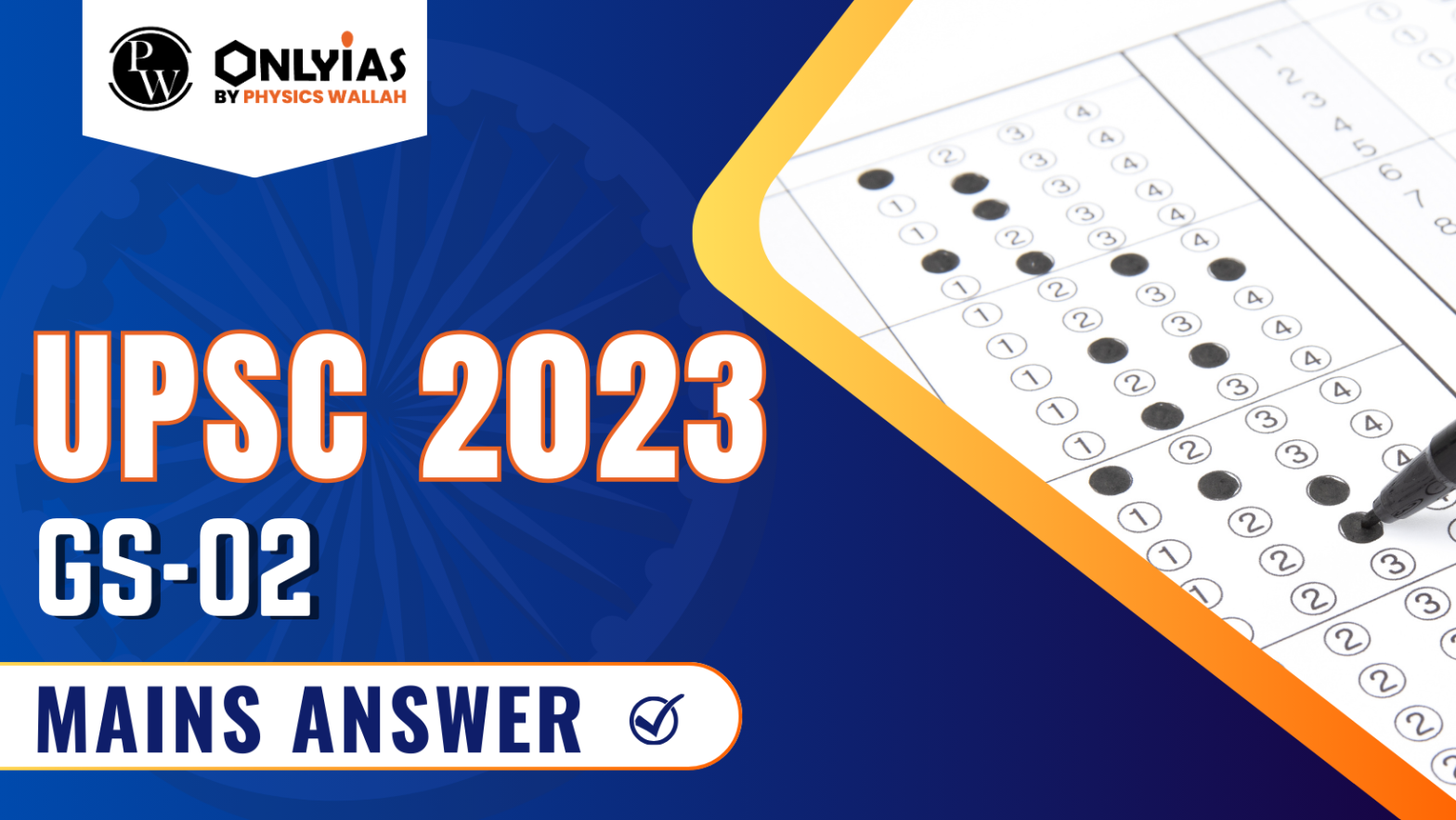![]() Gaurav Soni
Gaurav Soni
![]() September 30, 2023 03:53
September 30, 2023 03:53
![]() 2766
2766
![]() 0
0

Q.18 Skill development programmes have succeeded in increasing human resources supply to various sectors. In the context of the statement analyse the linkages between education, skill and employment.
| How to approach the question
Introduction ● Write about linkages between education, skill and employment briefly Body ● Write about the success of Skill development programmes in increasing human resources supply ● Write about the linkages between education and skill development ● Write about the linkages between skill development and employment ● Write suitable way forward Conclusion ● Give appropriate conclusion in this regard |
Introduction
In the rapidly evolving global economic landscape, the trio of education, skill development, and employment form a symbiotic relationship that facilitates sustained growth and development. Education forms the base, skill development shapes the abilities further, and together they forge pathways to gainful employment.
Body
Success of Skill Development Programmes in India
Linkages between Education and Skill Development
Linkages between Skill Development and Employment
Way Forward
Conclusion
Overall, the efforts in nurturing education, fostering skill development, and facilitating employment avenues have sewn a rich tapestry of opportunities and growth in India. A sustained focus on evolving and responsive skill development programs integrating global best practices and continuous innovation will be the keystones in crafting a future where every individual can leverage their fullest potential.
| For a Detailed explanation of the UPSC GS-01 Mains question 2023, click here.
For a Detailed explanation of the UPSC GS-02 Mains question 2023, click here. For a Detailed explanation of the UPSC GS-03 Mains question 2023, click here. For a Detailed explanation of the UPSC GS-04 Mains question 2023, click here. |
<div class="new-fform">
</div>

Latest Comments